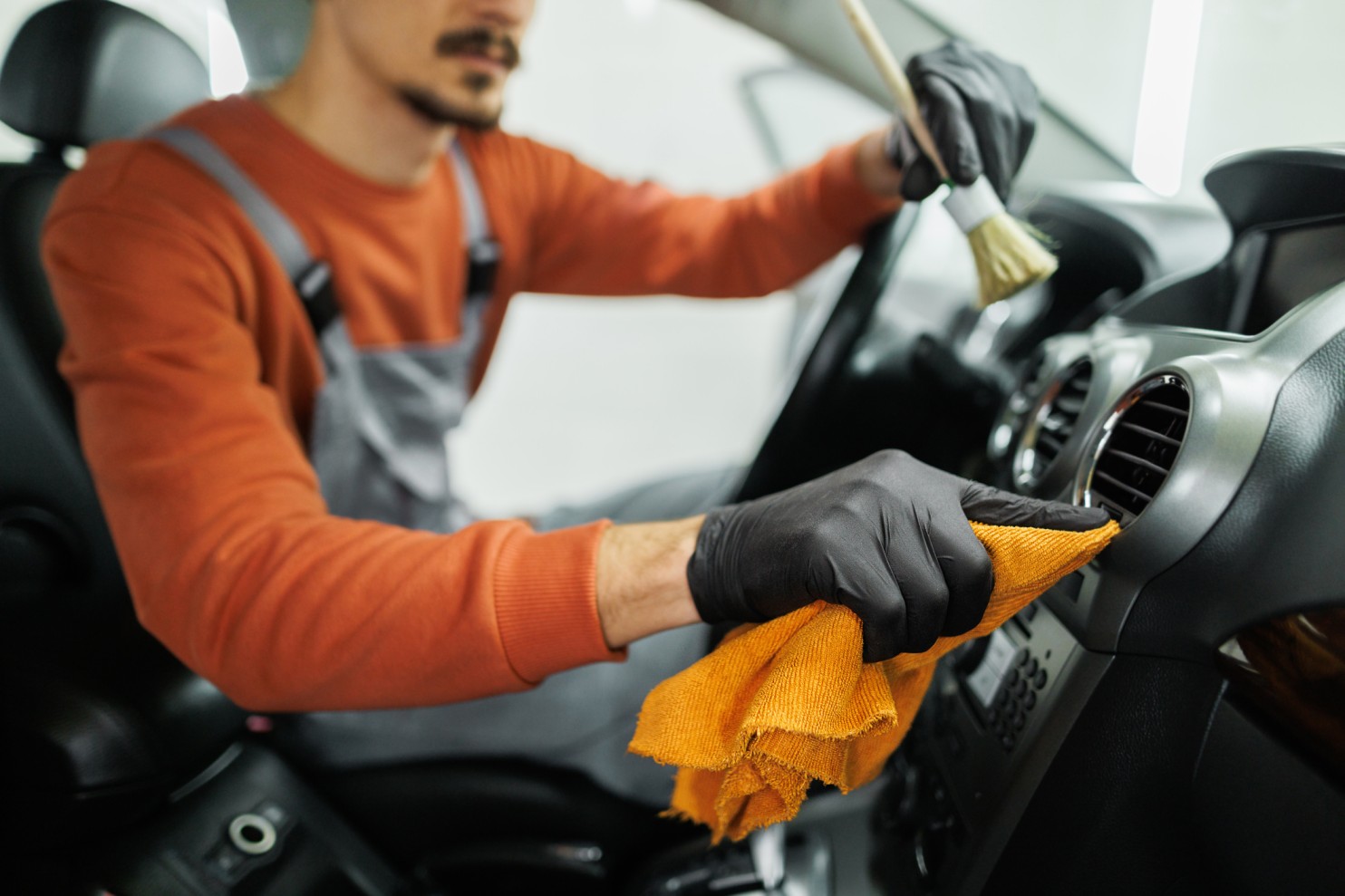"Motor racing is the best test bench that exists for lubricants"

Today we would like to introduce you to our colleague Santiago Maroto, senior manager of the Lubricants Technical Assistance and Development area at Repsol. His professional career at the company began thanks to his final year project at university. Since then, he has accumulated more than two decades of knowledge and practice, performing a crucial role in the technical support and development of innovative products.
In this interview, Maroto reveals to us the challenges and most significant learnings of his career, from his work in the development of products for MotoGP competition to his contribution in the blending of special products. Maroto also reflects on the importance of participation in motor racing for a company like Repsol, since these experiences provide an invaluable test bench for new technologies that are then introduced on the commercial market.
How did you start working at Repsol?
As my final project for my industrial engineering degree, I was lucky enough to choose as my topic the substitution of leaded gasoline for the Repsol Engines Laboratory, with a study on the impact of the removal of lead-based additives in different engines and the possible alternatives to replace them. Thanks to this work, I started working at the TechLab.
How would you describe your current role in the Lubricants Technical Assistance department?
My current work consists of giving technical assistance on lubricants; in other words, advising our sales representatives on which oil to offer according to its application and use. Another of my tasks is to use used oil analysis to help solve equipment problems and look for preventive solutions. I am also in charge of the development of new oils demanded by our customers.
You have worked for over 20 years in the Engines Laboratory and the Blending of special products. What do you value most about this experience?
Thanks to the work developed in the laboratory over all these years, I have been able to understand both the functioning of engines and the behavior of the gasolines and oils that go inside them. That knowledge now makes it easier for me to develop products.
The blending of special products is a small plant, but it has allowed me to learn about the entire value chain in a fuel and oil factory, from the purchase of raw materials to complications in the manufacturing and characterization of these, to compliance with the corresponding regulations or the logistics of worldwide distribution of the finished products.
What has been the most challenging project that you have worked on so far? And the one you remember most fondly?
The most challenging project that I have worked on has been that of the Repsol-Honda team in MotoGP, because it was a challenge to have to develop the best products for a top motorcycle manufacturer. Moreover, I competed with other oil companies, since they didn't just want a good product in their engines, but the best on the market. This could mean that, while wearing Repsol's colors, they could use another competitor's product. That's why it's also quite a stressful project both in the development and supply of products.
On the other hand, the project that I remember most fondly is the development of a 2-stroke gasoline for the KTM Ajo MotorSport team in the 2010 season. It was with them that Marc Márquez won his first world championship in the 125 cc category. We were also the last 2-stroke gasoline to win this world championship.
Why is participation in motor racing so important for a company like Repsol?
From the point of view of product development, competition, for us, is the best test bank that can exist. It gives us the chance to test the new engines that manufacturers develop. You have to remember that these new technologies will be introduced on the market in a few years, so it allows us to anticipate possible changes that we have to introduce.
How do the properties of racing oils affect engine performance? How does the development of these products differ from commercial products?
The main difference among these oils is that they are in the engine for just one race, so they are changed every 350 kilometers and the additive package it has to carry must be developed for it. The second is that the lives of these engines are lower, so the viscosity can be lowered to increase the power.
In order to develop a commercial product, you have to consider that it can be used in many different engines and that the most important thing is to maintain the engine like at the start, as the life of these is much more prolonged.
How do you see the evolution of lubricants in the near future?
I think that the most important challenge that we'll have to face will be the development of more sustainable oils, because we are part of the Repsol roadmap to achieve net zero emissions by 2050. We therefore have to develop lubricants with a reduced carbon footprint throughout their life cycle.
Related content




